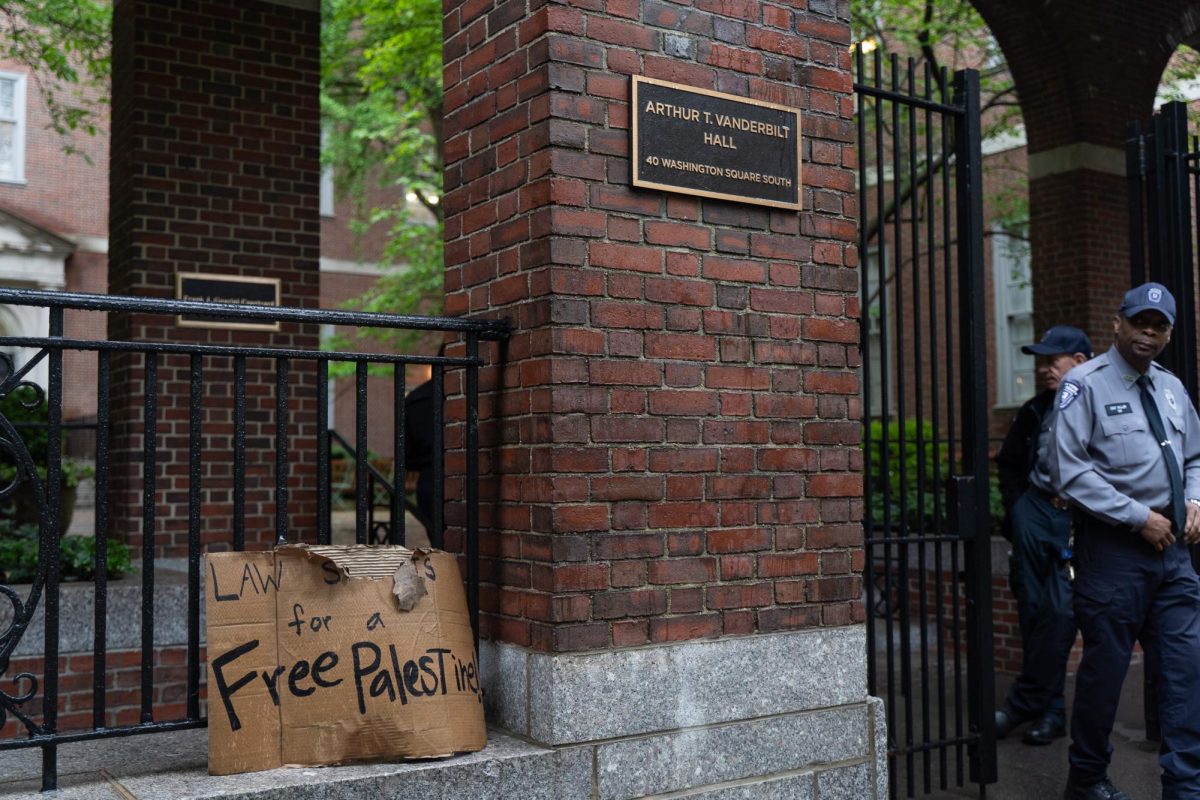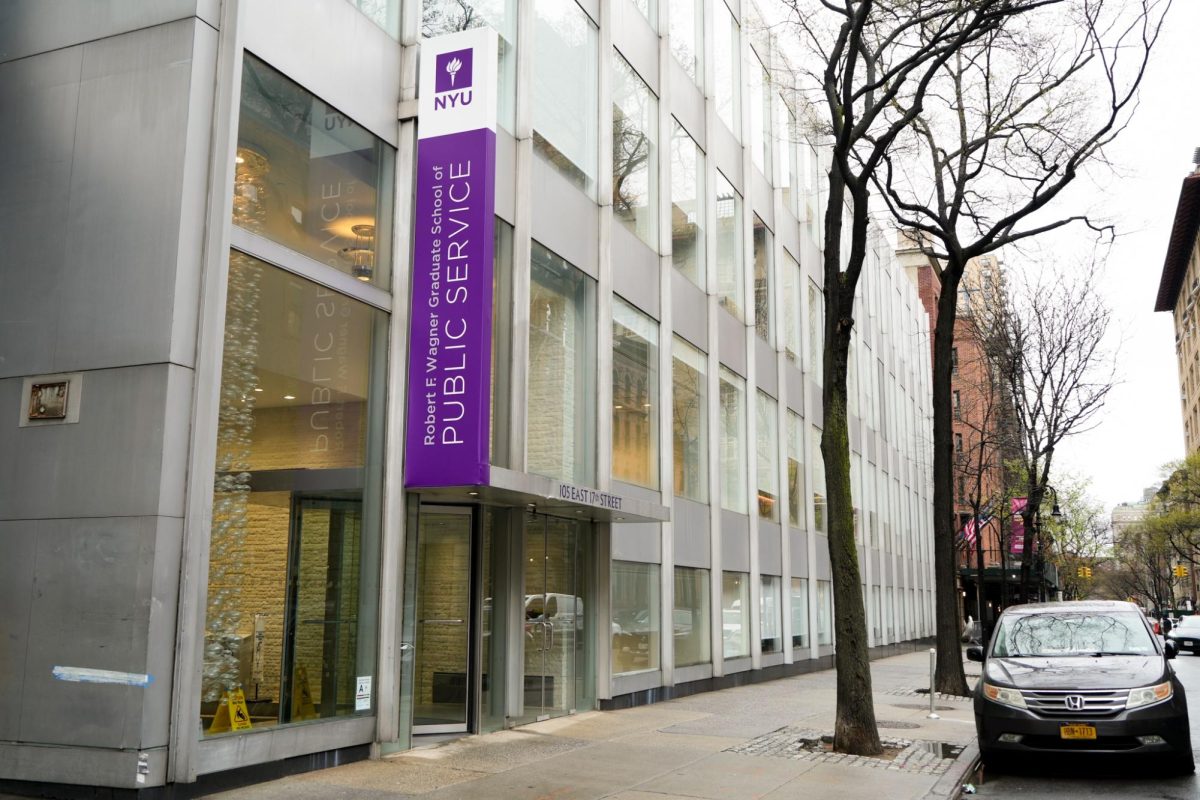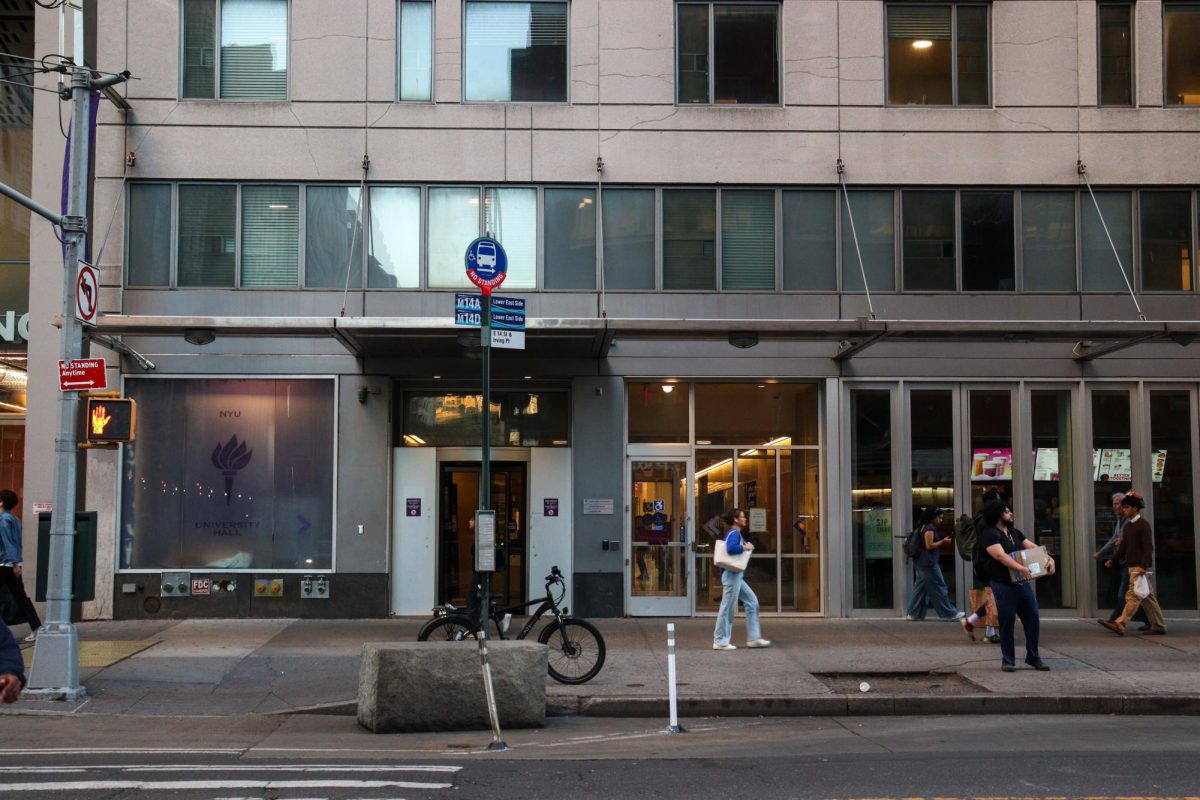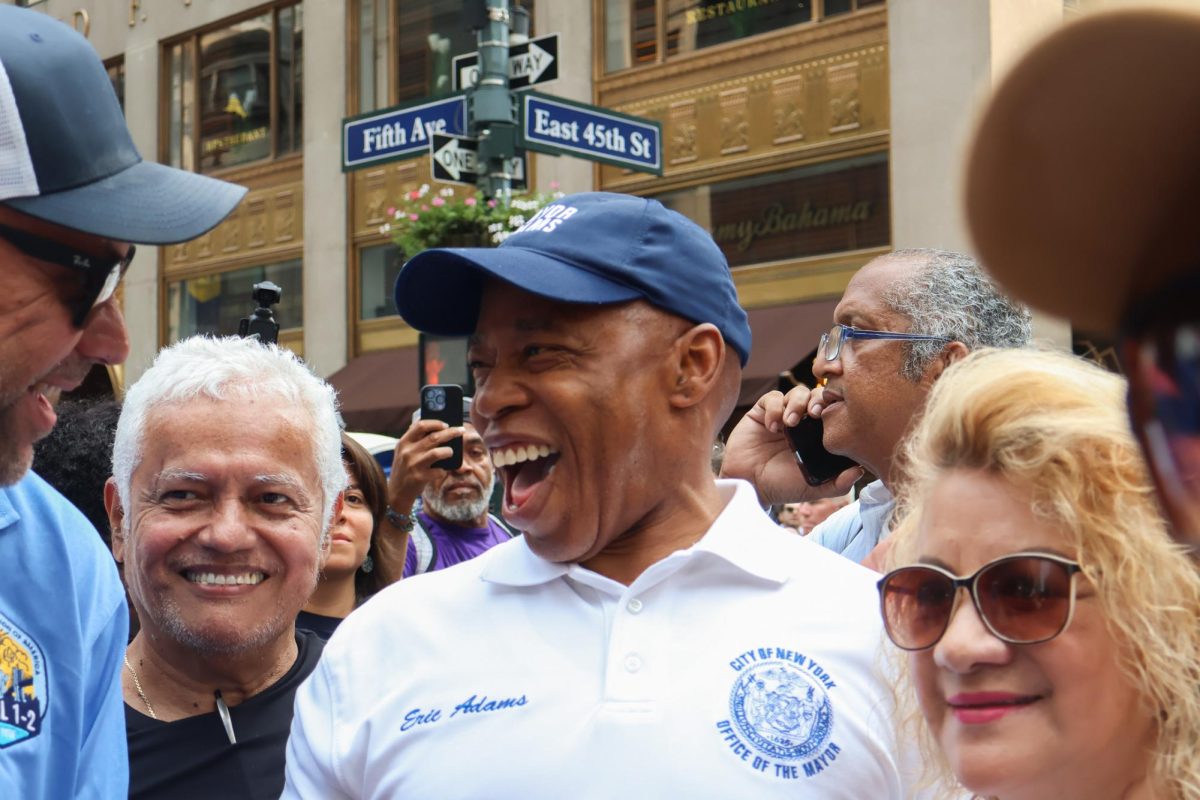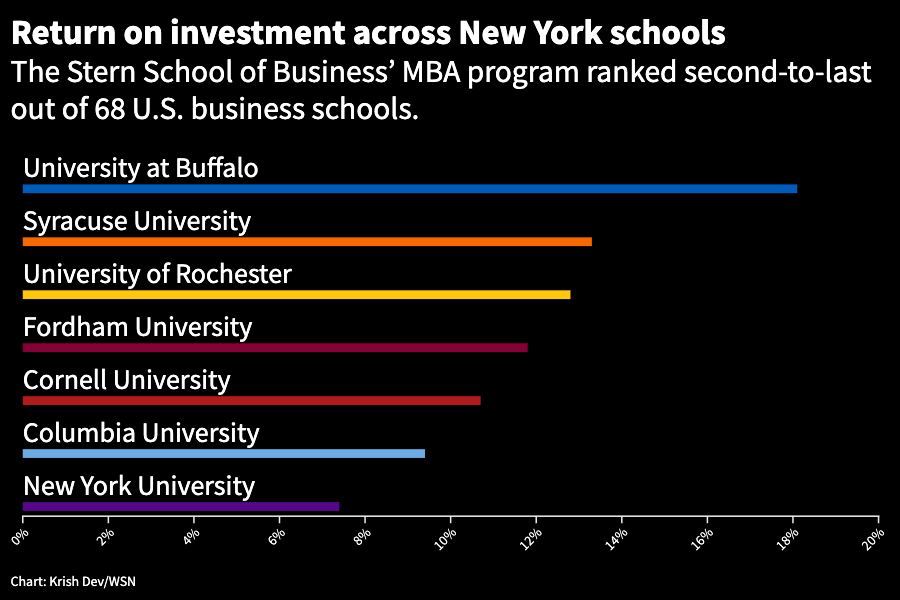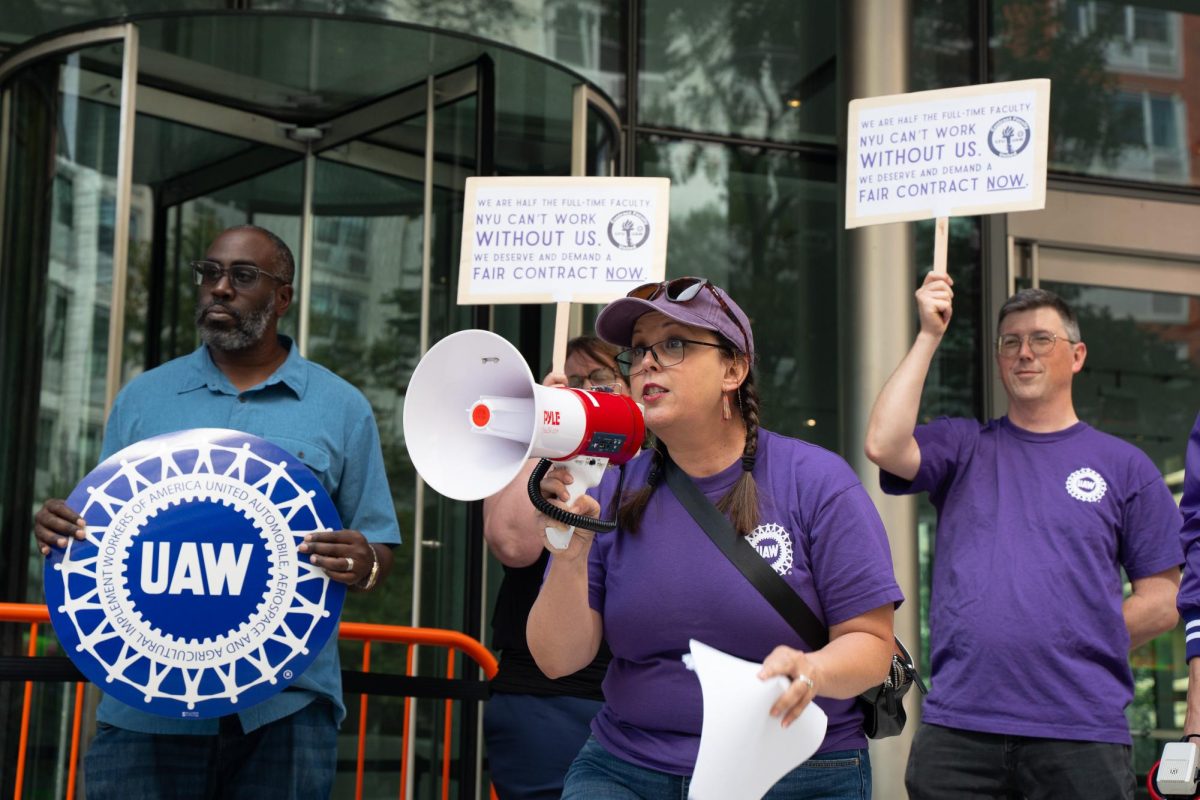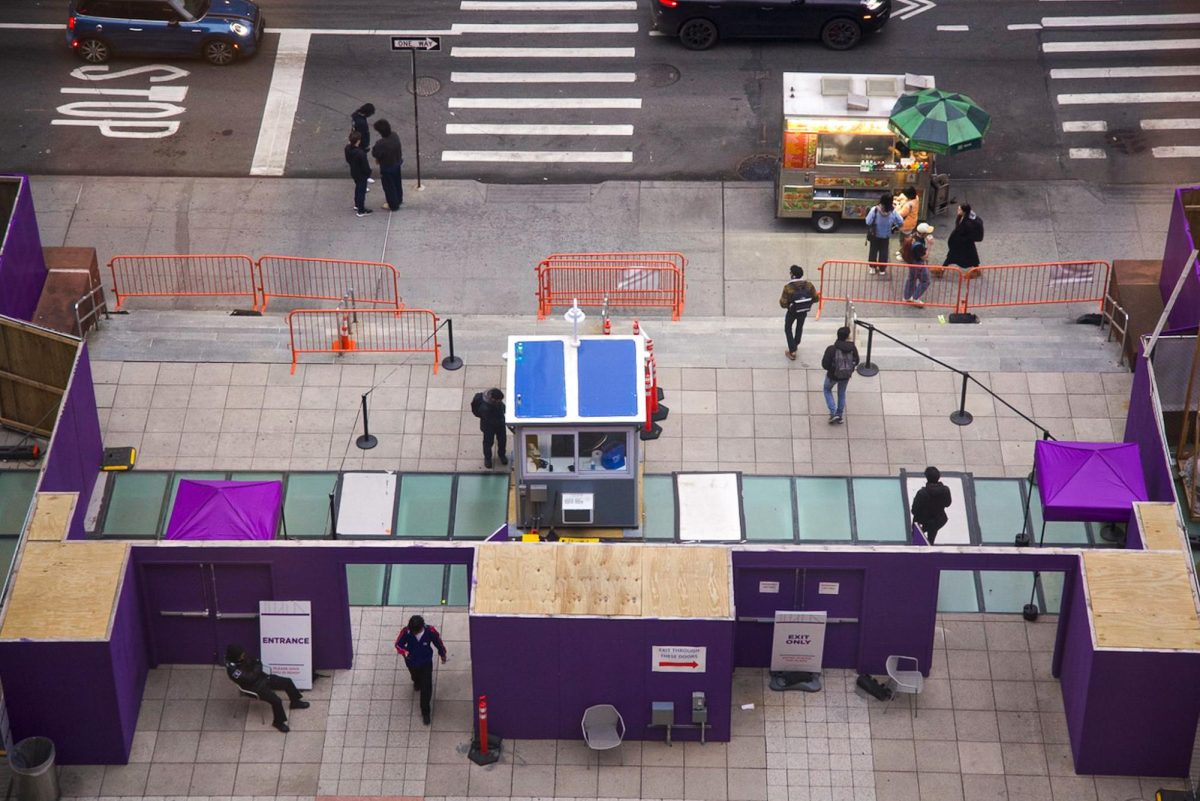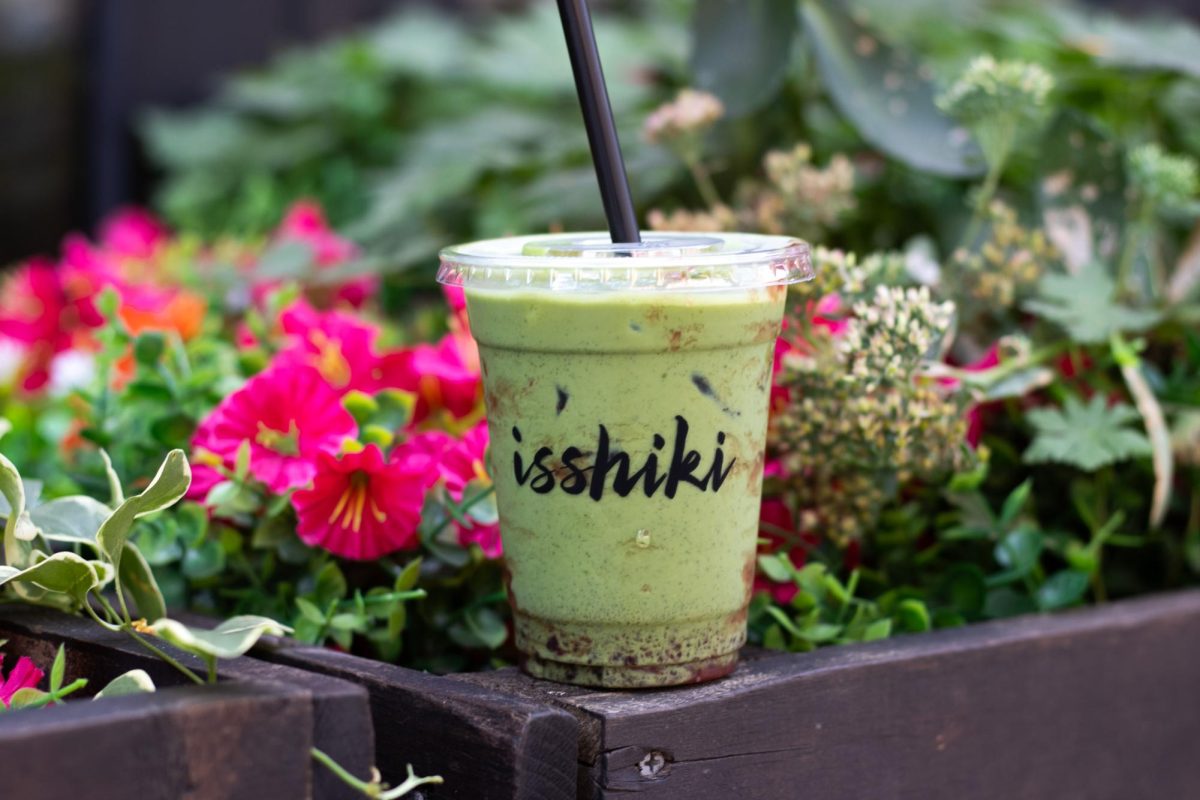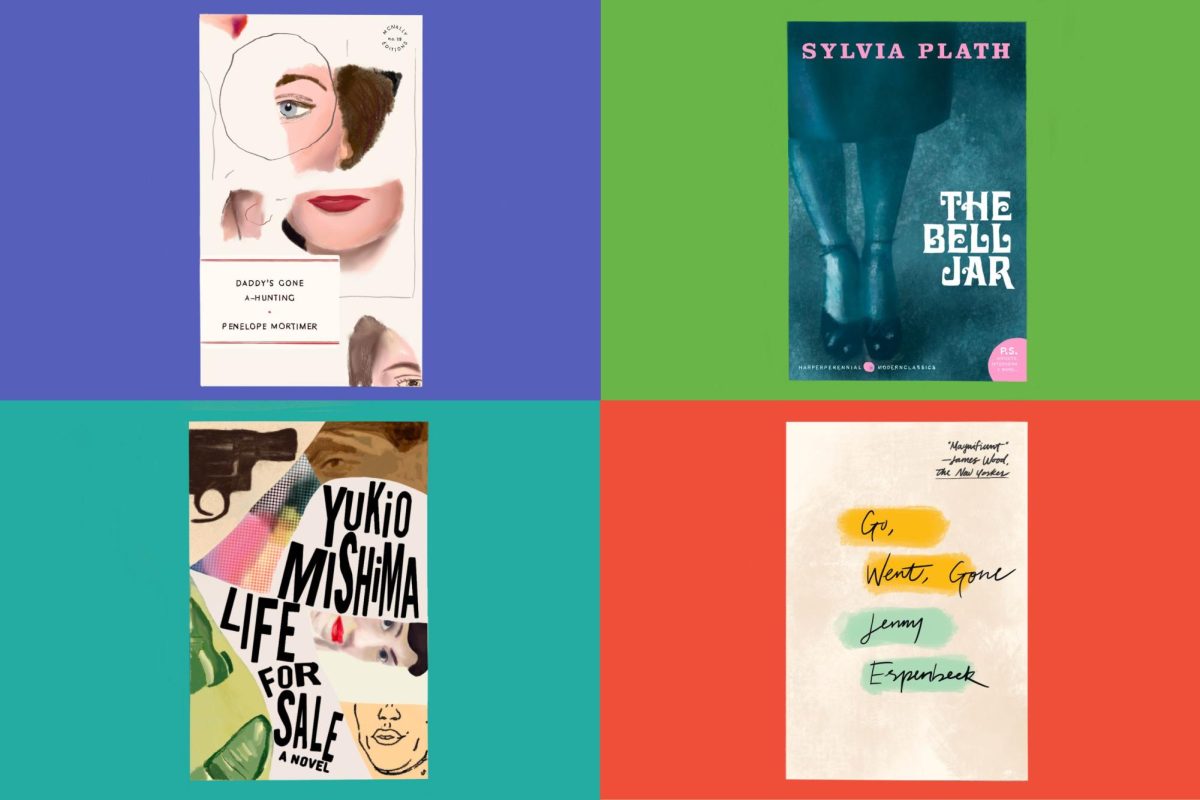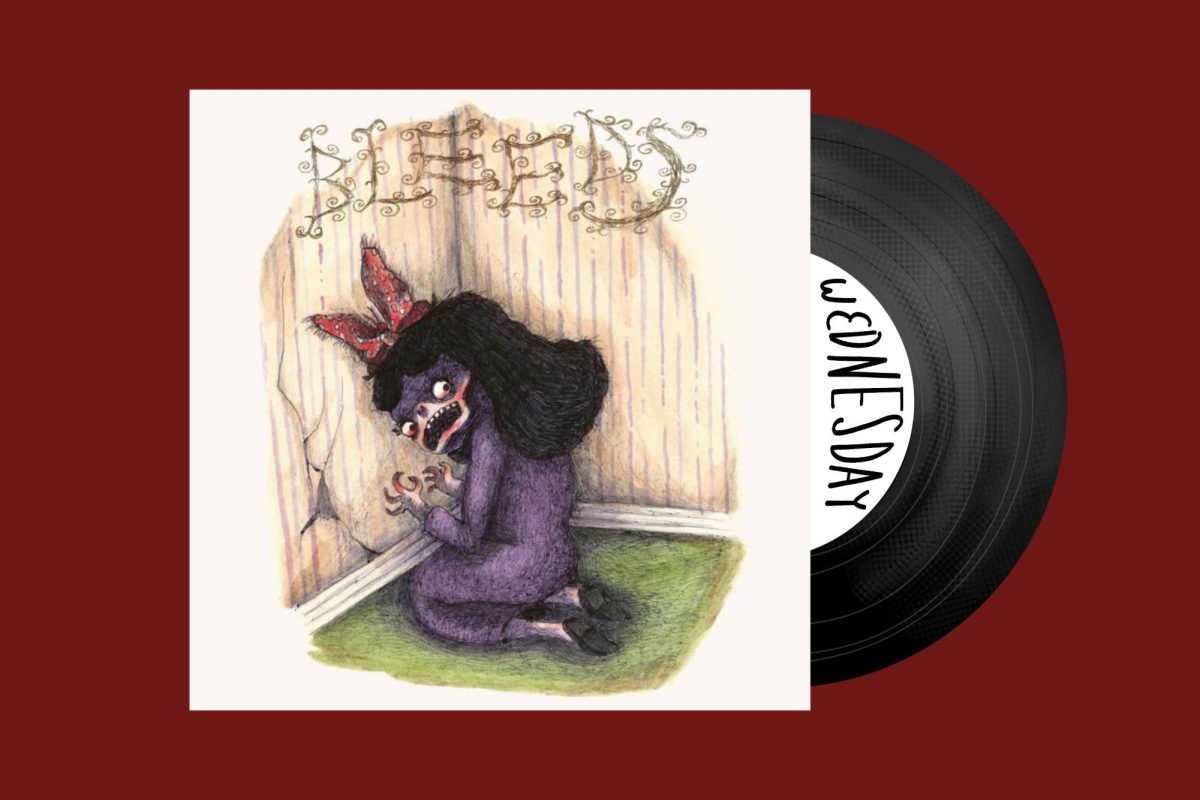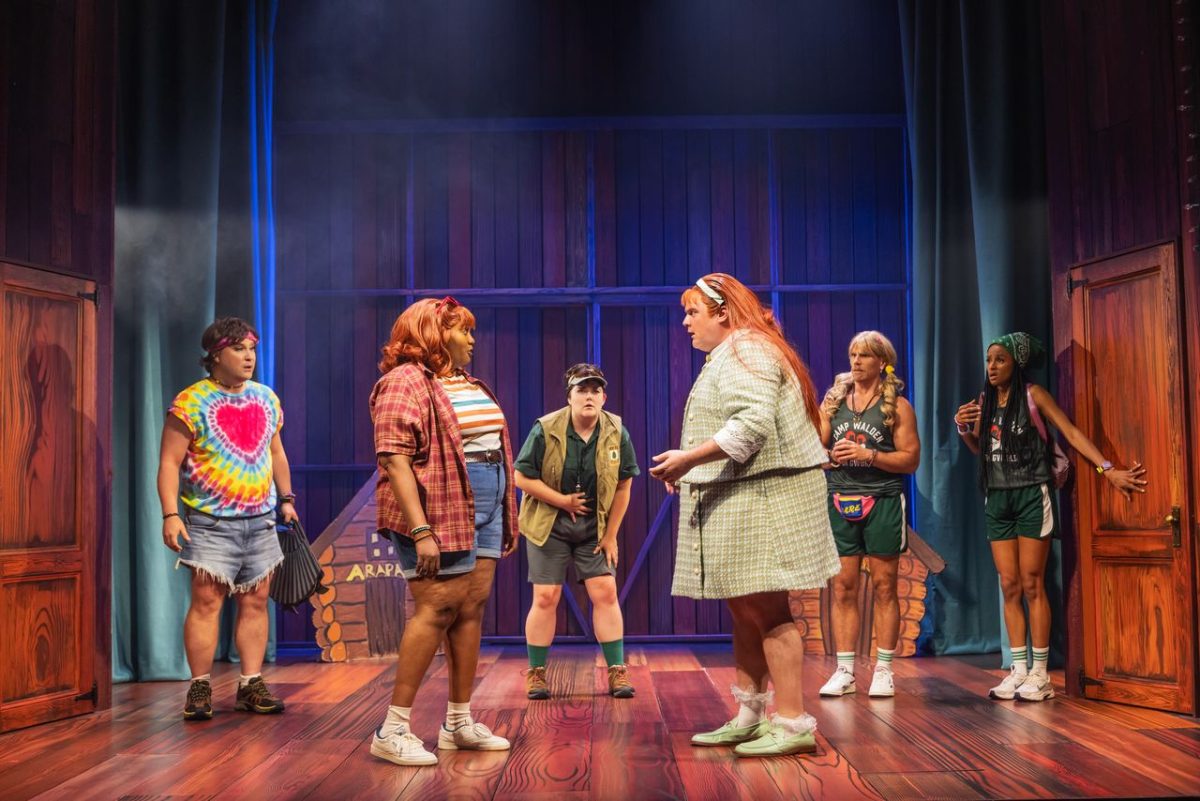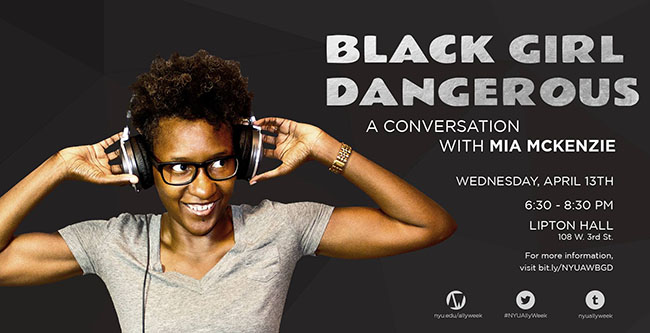Black Girl Dangerous’ Mia McKenzie Speaks at NYU Ally Week
April 14, 2016
Mia McKenzie, founder of the blog Black Girl Dangerous, spoke yesterday at Hayden Hall about allyship — and why she doesn’t like using the word ally anymore.
Black Girl Dangerous is dedicated to amplifying voices of queer and transgender people of color. The conversation hosted by Dr. Jennifer Morgan, Chair of Social and Cultural Analysis at NYU, was the marquee event for NYU’s Ally Week, which began this Monday with a variety of events intended to educate the NYU community on marginalized or oppressed communities.
The conversation began with McKenzie explaining how she started Black Girl Dangerous.
“That’s how B.G.D. came about, me sort of venting about all of these experiences that I was having and creating a space for myself where I could push back,” McKenzie said. “Once I started to do that, then my friends started reading it, and then the next thing I knew it was this huge thing.”
In accordance with NYU’s annual Ally Week, Dr. Morgan asked McKenzie about her thoughts on how to be a better ally. McKenzie said she pushes back against the label of being an ally, noting that it is incorrect to assume being an ally is an identity and is problematic for oppressed groups.
“I don’t use the term ally anymore, except in ironic quotations, or air-quotes,” McKenzie said. “Now it’s just — people call themselves an ‘ally,’ people wear it as a badge or a title that they give to themselves, and it’s completely useless in that way.”
McKenzie argued that the term “ally” is used more as a label than for what it should be about — action. McKenzie then sought to change the use of the term ally to be more focused on what people are actually doing to stand in solidarity with oppressed groups.
“I would rather then talk about solidarity and the actions of solidarity, and how we can talk about solidarity,” McKenzie said. “In particular, how we practice solidarity across oppressed difference. What we do is center this question of how do really privileged groups be in solidarity with oppressed people, but we don’t talk about how oppressed people are in solidarity with each other.”
This powerful idea resonated with the audience, and shifted the rest of the conversation to focus more on the steps people could take to understand those in oppressed groups than to superficially label themselves as an ally. Steinhardt graduate student Fanny He recognized the power with McKenzie’s point about the misuse of the term.
“You can’t really call yourself an ally, someone from a marginalized community has to acknowledge you an ally,” He said. “You can’t really self-label.”
Email Carlos Rodriguez at [email protected].

